How Long Can Dogs Go Without Food Do You Know the Answer? Well, if you are like me then I am sure you panic when your dog does not eat or misses a meal completely. Many people ask a question, how long can a dog survive without food?
As a dog owner none of this feels very good which is why whenever I see my dog turn its head away from its bowl, In this guide, I’ll explain how long it is safe for dogs to go without food, why your dog may stop eating, and what steps you can take to get them eating again.
Key Takeaways
- Dogs, like humans can go without food for 3-5 days, but water is essential for a dog.
- There are dozen of underlying causes ranging from stress, illness or change in diet that can lead to this.
- Pregnant dogs, cats, puppy, senior dogs, or a dog ill in any way should not stop eating for very long and needs an urgent vet if this is the case.
- A dog needs to drink water; it may only last between one to two days without water.
- Only if your dog has not eaten for more than 24 hours or has not had fresh water to drink, then you must consult your veterinarian.
How Long Can a Dog Go Without Eating?
General Survival Timeline
It is, therefore, important to look at the possible health complications that can result from this. This way, going without food isn’t lethal to a healthy adult dog. Dogs can typically survive:
- Without food: It takes between 3 and 5 days if there is water to drink in the car.
- Without water: No more than 1-2, as thirst is much more important than hunger.
However, this general timeline can vary based on several factors:
- Puppies: Puppies too differ from adult dogs in that they are capable of storing as well as processing little amounts of energy. They cannot last for more than 24 to 48 hours without the food or water hence feeding problems should be looked at and treated promptly.
- Sick Dogs: Dogs, like people, become tired when they are ill, and illness can work to deplete a dog’s energy very rapidly. If a sick dog ceases to eat or to drink the situation of their health would worsen sharply and the dog must see a veterinarian.
- Senior Dogs: Younger dogs generally have greater levels of energy and stronger physiological machinery than older animals. If the animals stop eating, they may require treatment earlier than other healthy, youthful dogs, for example.
What Happens If a Dog Goes Without Food?
When a dog doesn’t eat for an extended period, their body undergoes several critical changes:
Energy Reserves Deplete:
- First, glycogen which has been stored by the dog formerly will be utilized for developing force. They include Fat, carbohydrate, protein Once all the carbohydrate stores are refined, the body proceeds to burn fat and muscles.
- Regular use of these reserves causes its muscles and in general, its body, to become progressively weaker.
Dehydration Worsens Symptoms:
- As much as a dog may drink several days without food, lack of water is much more dangerous to him. You lose your veins and blood vessels quickly and no water makes the recovery process difficult and fastens the heart failure and all other organs.
- Severe bad effects of dehydration may include lethargy, dry gums, and high rate of heartbeat even from mild level of dehydration.
Signs of Starvation Appear:
If a person does not eat for days, obvious and apparent signs of starvation appear. Dogs may show:
- Lethargy: A general state of sluggishness and lethargy or lower than average level of energy.
- Weakness: The loss of the muscular strength that may lead to a difficulty in movement or standing.
- Abdominal Pain: Discomfort resulting from taking meals and feeling of hunger or stomach irregularities.
Why Do Dogs Stop Eating?
The non-appetite in dogs may be caused by factors that include; stress in the environment, sickness or even other illnesses. It is very important to identify the source of the problem for there to be likely solution to the issue. These outline below gives a clear view of the several probable causes for appetite loss in dogs.
1. Illness or Pain
Dogs may make themselves barely eat or not to eat at all especially if they have a pain or they are weak. Some of the most common medical reasons include:
Gastrointestinal Diseases
Such illnesses as vomiting, diarrhea or nausea can be nauseating or painful when consuming food and beverages.
It is possible that regular dieting is impaired due to certain diseases, for example, gastritis, pancreatitis or inflammatory bowel disease (IBD) which results in appetite loss.
Dental Pain or Oral Health Problems
Chronic diseases like gum disease or tooth decay as well as injuries like mouth ulcers can cause chewing to be uncomfortable. Other reasons include the presence of foreign bodies in the mouth, for instance a splinter of a bone will make it very uncomfortable to eat.
If the loss of appetite is due to illness or pain, then other symptoms normally follow this, such as fatigue, vomiting or general signs of discomfort.
2. Stress or Anxiety
Emotional factors may be exceedingly influential to the appetite of the dog. Common stressors include:
Moving to a New Home:
Anything that makes dogs uncomfortable can make them lose appetite for a while especially if environment has changed.
Traveling:
It is possible to feel nervous during a long car trip, flight or when in a new environment.
Introducing a New Pet or Family Member:
A new addition to the family such as a new animal or human being brings discomfort to your dog thus they become insecure.
Appetite suppression due to stress is, mostly, manageable and will resolve shortly, however, if the child refuses to eat for an extended period, the stressor should be addressed.
3. Changes in Food or Routine
Dogs thrive on consistency, and sudden changes can lead to appetite issues:
Switching Dog Food Suddenly
Dogs are likely to take a long time before they eat new foods particularly if these foods have different taste textures and smells from the previous foods the dog was accustomed to. To minimise this, gradual easing over the period of 7-10 days is advised.
Irregular Meal Times
Grazing or feeding on a irregular basis affects a dog’s cycle and its feelings of hunger will be diametrically altered.
To avoid disruptions of appetite one has to feed the child at regular intervals and should introduce new foods in to the kid’s diet gradually.
4. Underlying Medical Conditions
Certain diseases or hormonal changes can impact the dog’s appetite from the base, it might be a chronic disease or hormonal imbalance. Some of the most common conditions include:
Diabetes
It means the blood sugar may be low at times while a dog may feel ill to take food.
Hormonal Imbalances
Pathologies such as hypothyroidism, or Cushing disease, might interfere with hunger signals.
Kidney or Liver Disease
Such circumstances usually result in vomiting or toxicity in the body and the dawning of loss of appetite.
5. Hormone Changes
Hormonal fluctuations can impact appetite, particularly in unneutered dogs:
Unneutered Males
Masculine gonadal steroids include testosterone, and sexual stimuli such as during the mating period or in the presence of a female in this state, males may refuse to feed.
Pregnant or Nursing Females
Pregnancy or lactation periods are other common causes of temporary shift on eating habits because of hormonal changes.
Signs Your Dog May Not Be Eating Enough
Here are some symptoms to monitor if your dog isn’t eating or drinking water:
Physical Signs
- Weight Loss: Rapid decline in body weight.
- Lethargy: Fatigue of no interest in carrying out activities.
- Dry Nose or Sunken Eyes: Indications of dehydration.
- Vomiting or Diarrhea: The common symptoms related to the problems in gastrointestinal tract.
Behavioral Symptoms
- Avoiding Food Bowls: Not to mention that preferred dishes are omitted as well.
- Lack of Interest in Play: Symptoms of fatigue or lethargy, or the lack thereof – where one sleeps more than is considered healthy.
- Stress Indicators: Panting, pacing, or whining.
What to Do If Your Dog Isn’t Eating
Encourage Your Dog to Eat
If your dog refuses food, try these techniques:
Offer Bland Food
Plain boiled chicken or turkey with rice.
Warm Up Meals
Warmer temperature does help with aroma – this applies to dog food as well.
Appetite Stimulants
If necessary use a prescription by the vet for an appetite stimulant.
Hand-Feeding
Occasionally, hand feeding helps make the individuals take their meals in been popped forward.
Ensure Hydration
The same dog can only survive as long without water as a human can without food, if not shorter. Steps to keep them hydrated:
- Provide new and clean water at frequent interval of time.
- If and when they refuse to drink you can use a syringe to administer small quantities of water.
When to Take Your Dog to the Vet
It’s critical to seek veterinary help if:
Your Dog Hasn’t Eaten for Over 48 Hours: Or less for puppies and senior canines alternatively, you can also.
They Show Severe Symptoms:
Thinning or thinning of the hair, explosive vomiting or diarrhoea.
Symptoms of abdomen pain or discomfort.
Dehydration Signs Appear:
Such clinical features as dry gums or cheeks, deep sunken eyes, or skin which does not return to normal after pinching.
Common Veterinary Solutions
- Diagnostic Tests: Blood work, imaging, and fecal studies to detect problems.
- Hydration Therapy: For dehydration, intravenous fluids.
- Medication: An analgesic or antiemetic to help cool things down.
Preventing Appetite Loss in Dogs
Maintain a Healthy Diet
- Always provide your dog with good quality, well-balance diets that adequately feed the needs of your dog.
- Don’t put the animal on a sudden diet change; include the new food gradually.
Manage Stress
- Make this atmosphere to be serene during the time when children are eating.
- It is important that you should feed your babies at regular intervals.
Regular Health Check-Ups
Such aspects are identified during regular check-ups, which prevent early stages of diseases to hinder the eating habits of the dog.
Tables for Quick Reference
How Long Dogs Can Survive Without Food and Water
| Dog Type | Without Food | Without Water |
|---|---|---|
| Healthy Adult | 3–5 days | 1–2 days (24–48 hours) |
| Puppy | 24–48 hours | 12–24 hours |
| Sick Dog | 1–2 days | Less than 24 hours |
Common Causes of Appetite Loss
| Category | Examples |
|---|---|
| Illness | Vomiting, diarrhea, abdominal pain |
| Stress | Moving, loud noises, introducing new pets |
| Medical Condition | Diabetes, kidney disease, gastrointestinal issues |
Signs to Visit a Veterinarian
| Symptoms | Urgency Level |
|---|---|
| Severe dehydration | Immediate |
| Continuous vomiting | Immediate |
| No eating for 48 hrs | High |



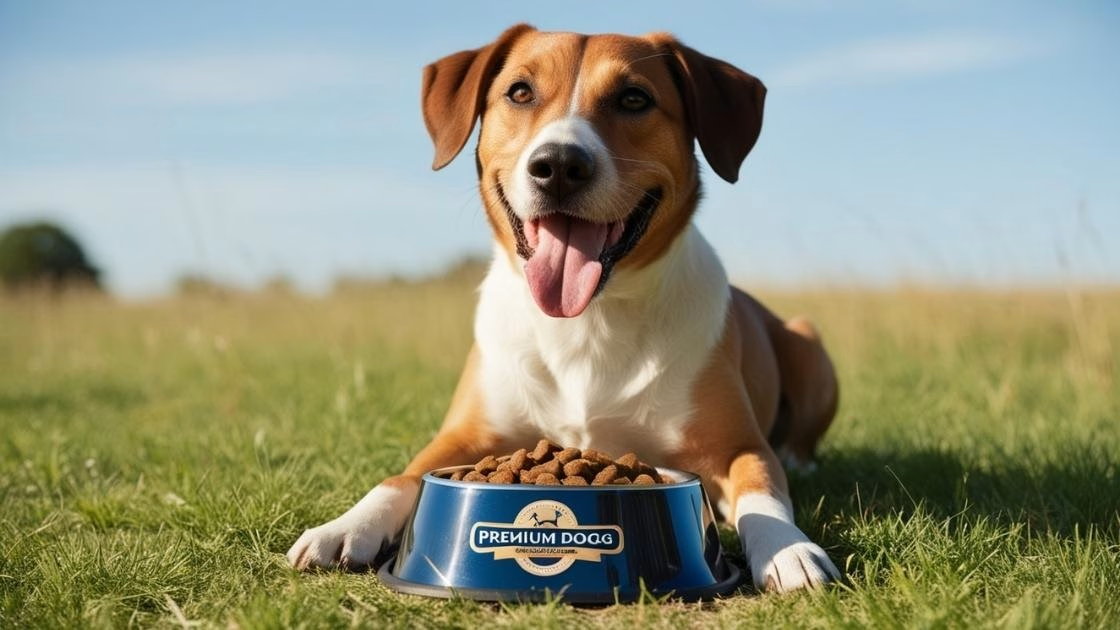
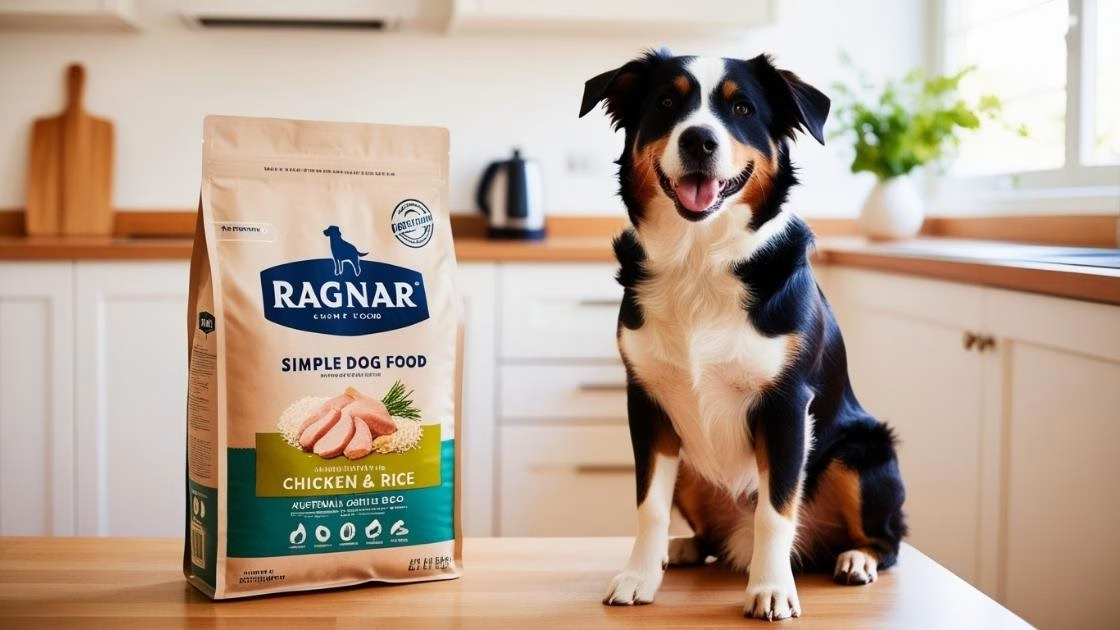
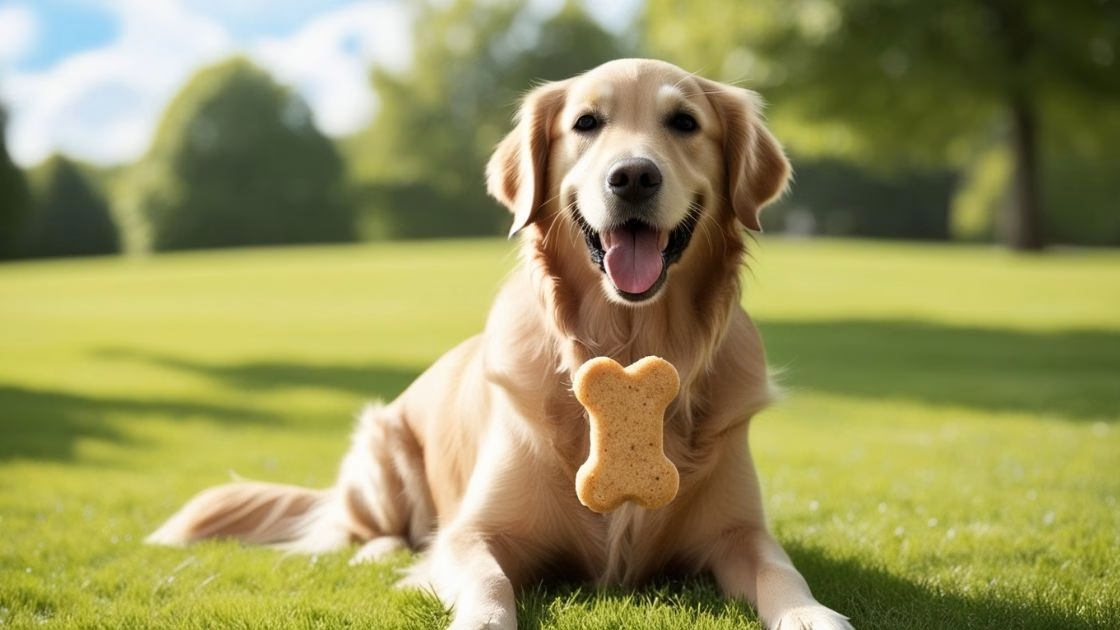
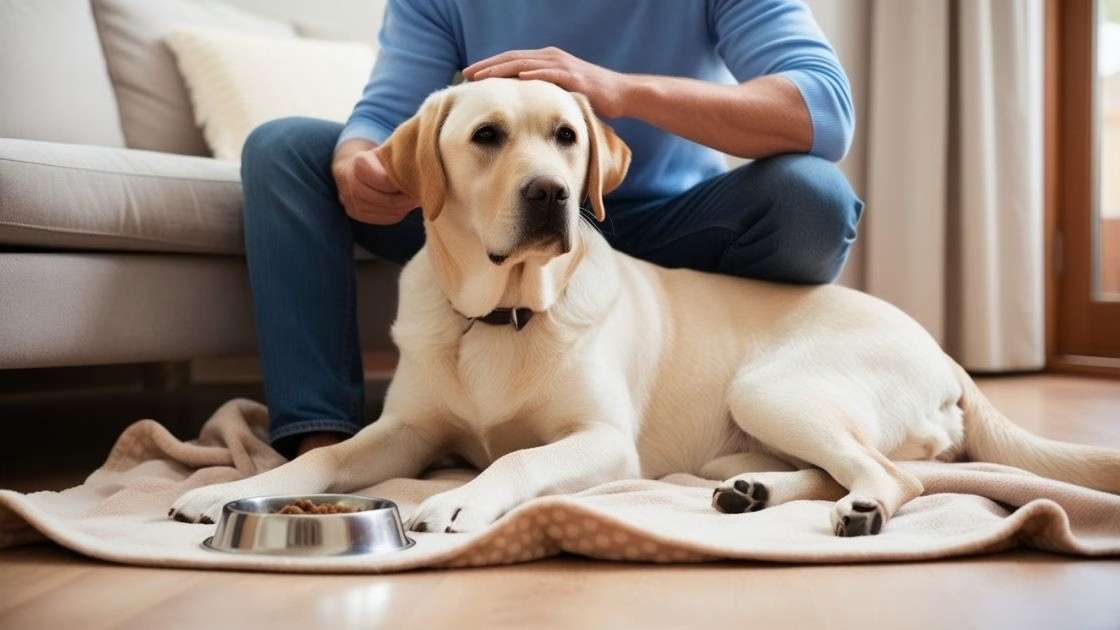
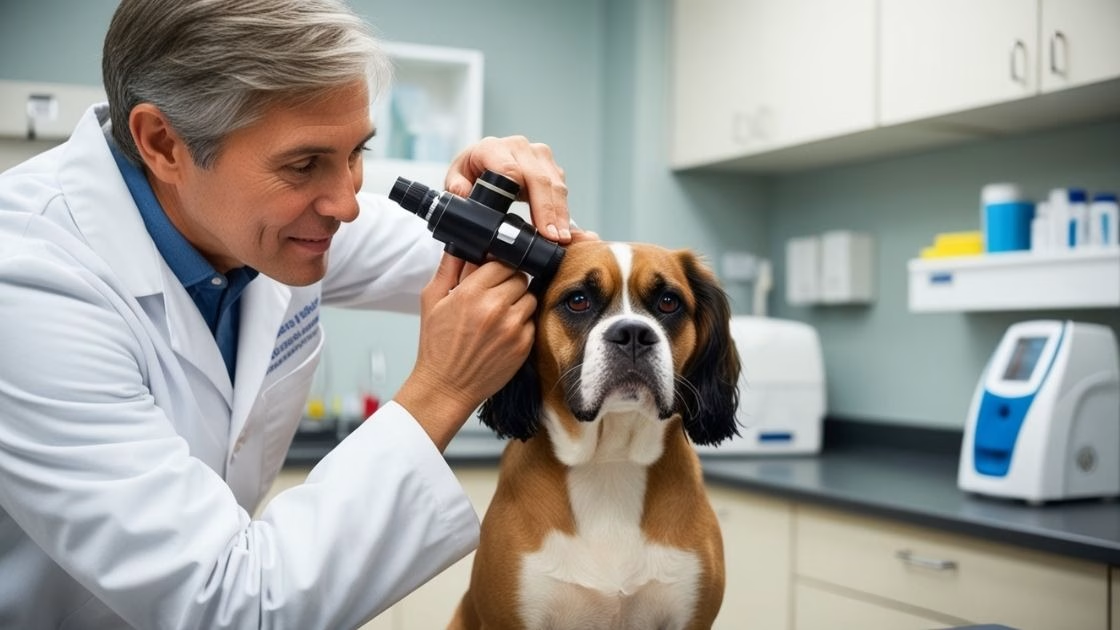





Leave a Reply
View Comments